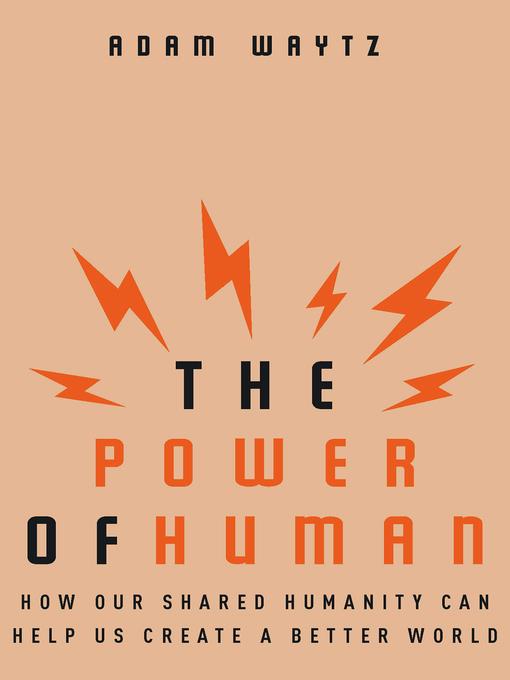
The Power of Human
How Our Shared Humanity Can Help Us Create a Better World
کتاب های مرتبط
- اطلاعات
- نقد و بررسی
- دیدگاه کاربران
نقد و بررسی

May 1, 2019
It's hard work being human--and putting up with other humans. However, writes social psychologist Waytz (Northwestern Univ.), it's necessary in the face of creeping dehumanism. In the aftermath of the 2016 presidential election, calls have come for increased attention to civility and empathy toward those who didn't vote the way we did. The enmity, writes the author, comes from not "seeing human," not admitting the humanity of the other--and never mind, as the writer Chimamanda Ngozi Adichie observed, that "the responsibility to forge unity belongs not to the denigrated but to the denigrators." Waytz enumerates the many ways in which we regularly dehumanize the other, as drone pilots call the children they've bombed "fun-sized terrorists," pornography turns sexuality into something clinical, and the like. He observes, for instance, that between 1970 and the present, the number of people who responded positively in a poll to the proposition that humans can be trusted has declined precipitously--a decline that he links, but not as closely as one might wish, to income inequality. Reversing trends of polarization and stratification will be important in maintaining any semblance of a civil society, he writes. Observing that people "behave more morally toward individuals than groups," the author counsels applying the "power of human" of his title, working under the assumption that we are all more influential than we might think in modeling behavior--for, as he writes, "fitting in with others, by doing what they do, feels good." Still, Waytz allows that "empathy is cognitively demanding because getting inside of another mind draws on finite working memory, our capacity to hold and process information," which is already overtaxed. It is especially demanding on those whose work requires "emotional labor," such as first responders, teachers, and service personnel. An interesting foray into the realm of emotional intelligence, with good questions raised if not always entirely answered.
COPYRIGHT(2019) Kirkus Reviews, ALL RIGHTS RESERVED.

May 1, 2019
Award-winning social psychologist Waytz (Northwestern Univ., Kellogg Sch. of Management) decries the increasing dehumanization of society and highlights the necessity for scientific rehumanization, or "seeing human." To begin, the author describes the perceived presence of humanity, which make daily experiences feel significant and also inspire confidence, amid rampant technological advances. Waytz then goes on to explain how to harness that power to improve work, more effectively partner with technology, and develop relationships. The author employs copious amounts of scientific, psychological, and corporate research as well as firsthand experience to provide a road map to a more people-friendly world. VERDICT Knowledgeable insights and solutions for increasing sensitivity and overall humane functioning in an often cold world.
Copyright 2019 Library Journal, LLC Used with permission.

























دیدگاه کاربران